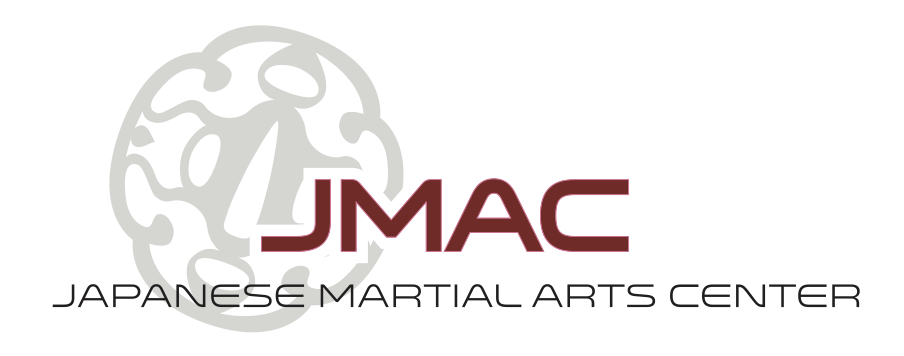Mastery Over the Body. Mastering the physical skills of a martial art means being able to perform its techniques with a high degree of proficiency. Historically, it meant being able to perform well enough to defeat an opponent in a life or death match. These days, it means understanding and being able to execute virtually all the checkpoints of a skill in an accurate manner, in the space of time and with the rhythm required to defeat an opponent. In individual arts, such as iaido, the opponent is imaginary. In competitive arts, such as karate or judo, the opponent may be real. However, we no longer fight to the death, so we substitute proficiency for deadliness.
One often forgotten concept in physical mastery is that one must not only be able to control one's own body, but must also learn how to respond to and control the body of his or her attacker. Even the most superb physical technique is useless if it is applied at the wrong distance, the wrong time, or with the attention focused in the wrong place. At a higher level, the martial artist must learn to control not only his body and that of his opponent, but must also take into account the terrain on which the interaction takes place (a concept that includes location, time, conditions, and preparation).
It is important to repeat that perfection is an elusive goal. Everyone comes to the dojo with a different set of innate abilities, so for some students physical mastery is relatively easy, while for most it is very difficult. Those past experts whom we recognize as "masters" were able to execute their skills in real time, accurately, maximizing the use of their own strength and quickness while finding the points of greatest weakness in their opponents. The awareness required to do this is profound, and usually requires years of concentrated effort to attain. Further, as you can see, mastery of the physical aspects of the art is closely tied to mastery of the mental aspects.
Mastery of the Mental Aspects. Mastery of the mental aspects of martial arts involves knowing how and why the techniques work, and constantly working to bring your physical skills into line with that knowledge. It also means reaching an understanding of how the mind works, and thinking in positive, productive ways. For example, it is widely accepted that positive attitude helps bring about positive results. In the martial arts, we learn thinking strategies that help us achieve our martial goals. We then learn, by extension, how to apply those strategies to life outside the dojo, which helps us to become more effective, stable human beings.
In real time, mental martial arts involves awareness. One must be aware of how one is responding to an opponent, aware of the opponent's own actions and reactions, and aware of the terrain. These challenging requirements are an important reason why real mastery requires so many years of training. It is virtually impossible to concentrate on all the varied aspects of any martial arts interaction, so vast repetition is required. If one is training with the proper frame of mind, each repetition helps to make one subtle aspect of a technique more efficient, and helps to make it more reflexive. Just as operating the pedals and steering wheel of an automobile becomes reflexive and unconscious after a few years of driving, the essential building blocks of technique (including awareness) become reflexive through repeated practice.
Mastery of the Spiritual Aspects. Putting aside any discussion of religious aspects, the character traits that we often include in "spiritual" martial arts include determination, patience, calmness, and balance. Determination comes from a realization of what one's life mission is, and gradually bringing all aspects of training into line with the mission. Patience is the realization that great things require great effort (not necessarily all at once, but in small increments over a long period of time), and learning to work at a pace that allows one to exert that effort in the appropriate amounts and at the appropriate time. Calmness comes from learning what one can control and what one cannot, focusing work on those things that can be controlled and learning to accept those things that cannot. Balance means coming to a point in one's life where one does not get too upset when things go wrong nor too elated when things go right.
JMAC would like to thank the many Ann Arbor businesses that support this blog,
both martial arts-related and others, including: Network Services Group,
Art of Japanese Swordsmanship, Shudokan Martial Arts Association,
Budo Mind and Body, Art of Judo, Iaido Dot Com, Lorandos and Associates,
Oxford Companies, Bluestone Realty Advisors, Portfolio Ann Arbor,
Invest Ann Arbor, and the Law Office of Nicklaus Suino.